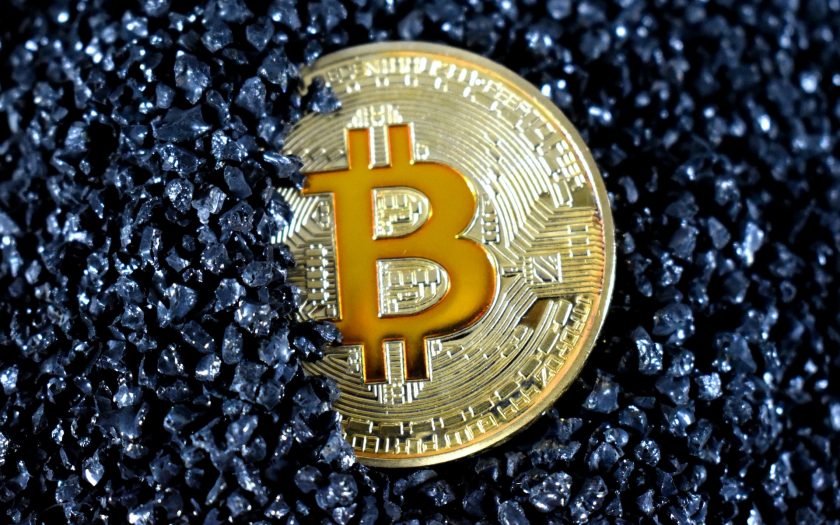
The Financial Crimes Enforcement Network plays a slightly obscure role in the security clearance process. Because financial institutions are required to file a ‘Suspicious Activity Report’ after ‘questionable’ transactions, major expenditures or activity that is simply suspect in relation to your usual expenditures – typically those over a $10,000 threshold, will be reported to FinCEN. A recent report by the attorney general related to detecting criminal activity related to financial assets also opens up FinCEN to a greater role in tracking and seizing cryptocurrency expenditures, as well – a particularly hot button topic for security clearance holders.
The role of FinCEN is to protect the financial system from illicit use and promote national security through financial intelligence. If your finances go shady, it is FinCEN who will likely be tasked with following the money trail. It’s their job to receive and investigate suspicious transactions, and the scope of those is significant. From luxury goods and unemployment fraud to email schemes and opioid trafficking, if it involves money, there is likely a FinCEN connection.
Many security clearance holders are wisely concerned about the role finances will play in a security clearance denial or revocation. With financial issues making up the top cause of clearance denial or revocation, many wonder if the government will be pulling their bank statements or PayPal history. The good news for most is that no, you won’t need to pony up just how much cushion is in your checking account or other mundane financial details. Your credit score/credit report is generally the baseline information that would be considered.
But whether you’re applying for a new security clearance or have held one for 10 years, if you start playing with significant cash flow and funneling significant expenditures that are outside of your norm, you may find yourself with a Suspicious Activity Report and an inquiry from FinCEN. If you can explain the transaction, expect no issues.
Where things become murky is through FinCEN’s new role in cryptocurrency. Crypo has long been an area that can trip up clearance holders or applicants – foreign held wallets are to be reported, and keeping accurate records is key. A proposed rule recently released by FinCEN would also require the collection and retention of information for both domestic and cross border transactions involving digital currencies or cryptocurrencies. If the new rule is enforced it could create more potential FinCEN red flags for security clearance holders transferring crypto, whether domestically or internationally held.
Like all things, if you have the right paperwork and a clear justification behind your $10,000 money or cryptocurrency transfer, you’re likely fine. But whether the new rule is enforced or not, don’t look to crypto as a method to hide high money transfers from the government – because very soon FinCEN could be watching.
© 2022 ClearanceJobs – All rights reserved. ClearanceJobs is a DHI service.
 How To Make Huge Profits In A Short Time With Crypto
How To Make Huge Profits In A Short Time With CryptoGet detailed training system that shows an absolute beginner (without any skill) how to make huge profits in a short time with crypto.
 Crypto + NFT Quick Start Course
Crypto + NFT Quick Start CourseThe #1 course for profit in the Crypto & NFT world - You will discover the secrets that 99% of people don’t know yet





